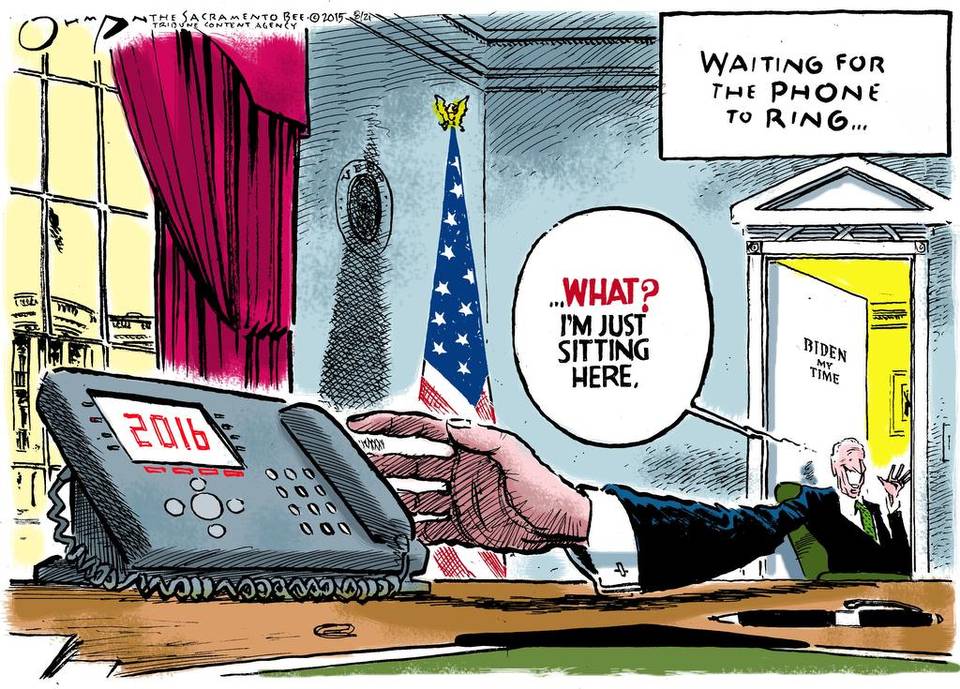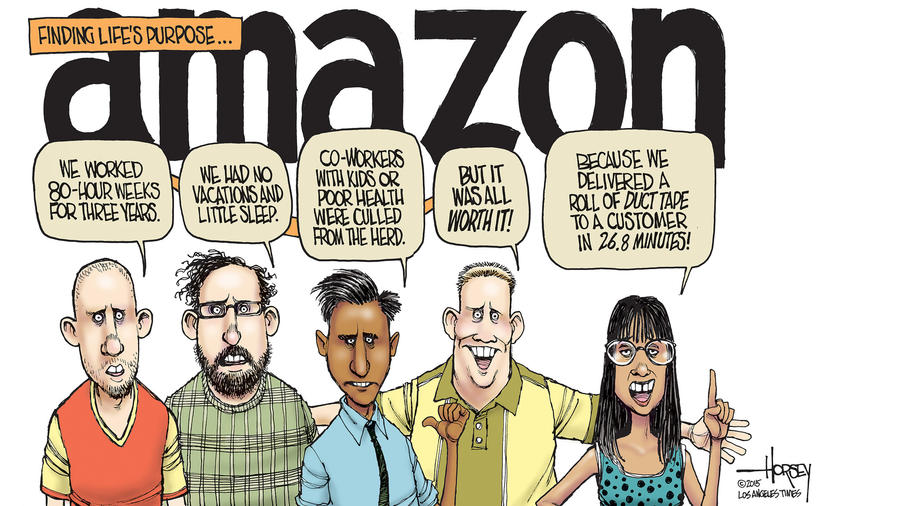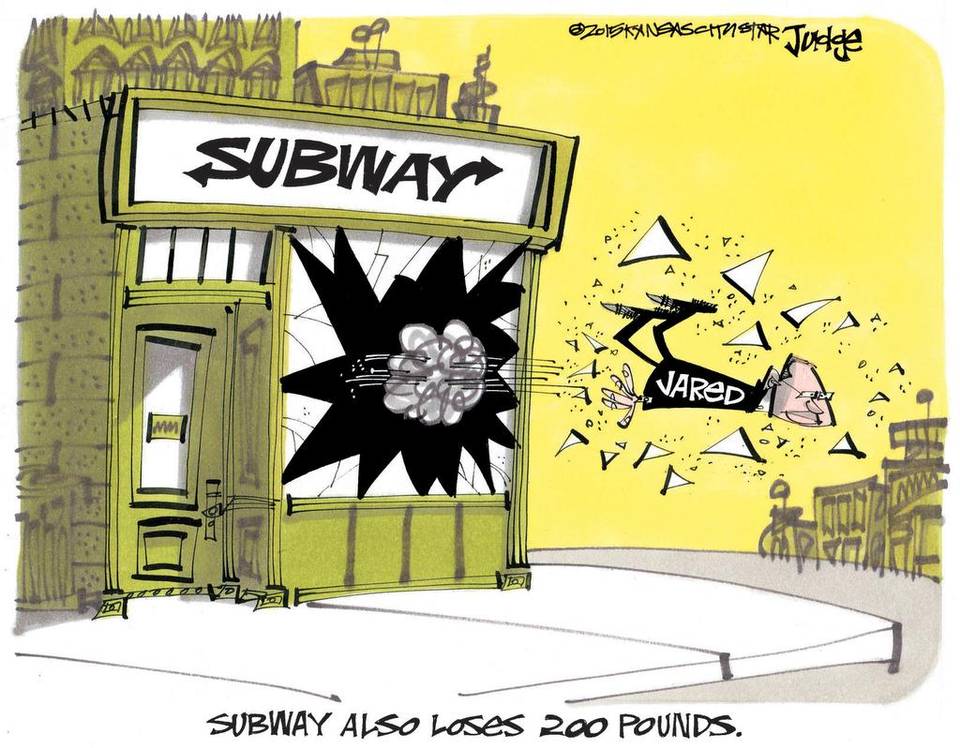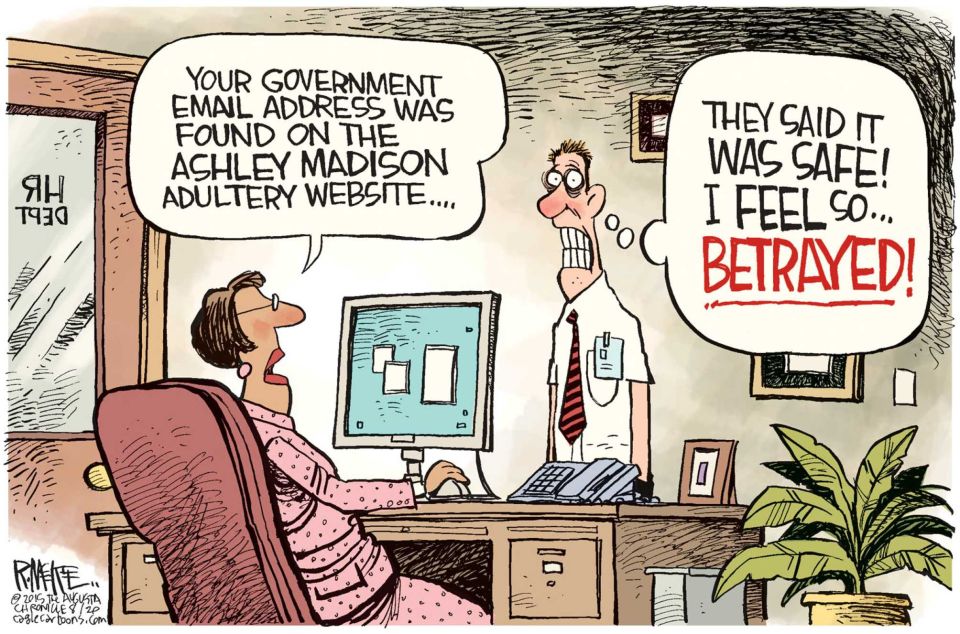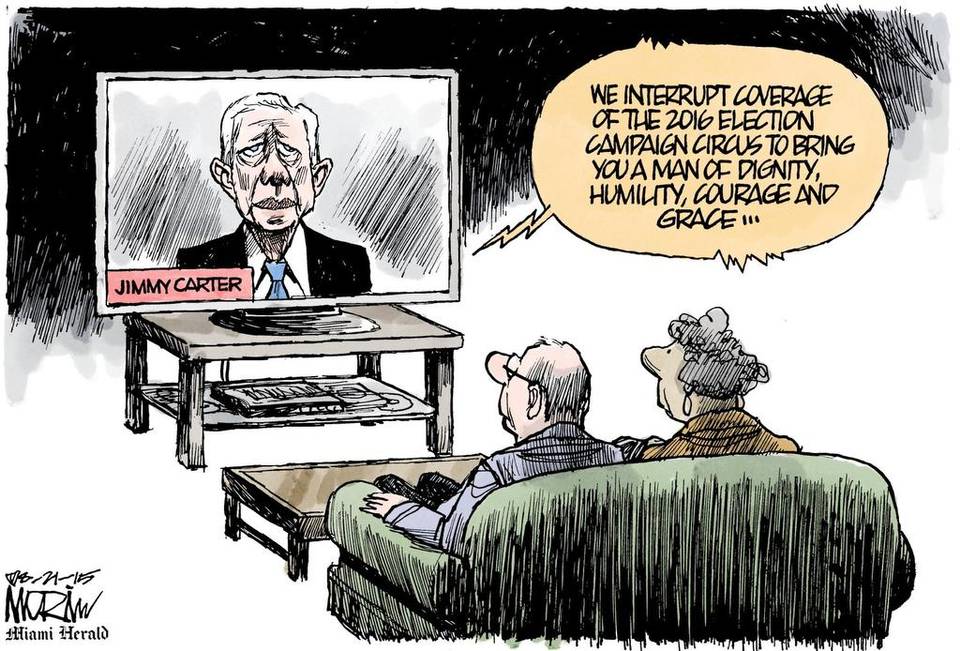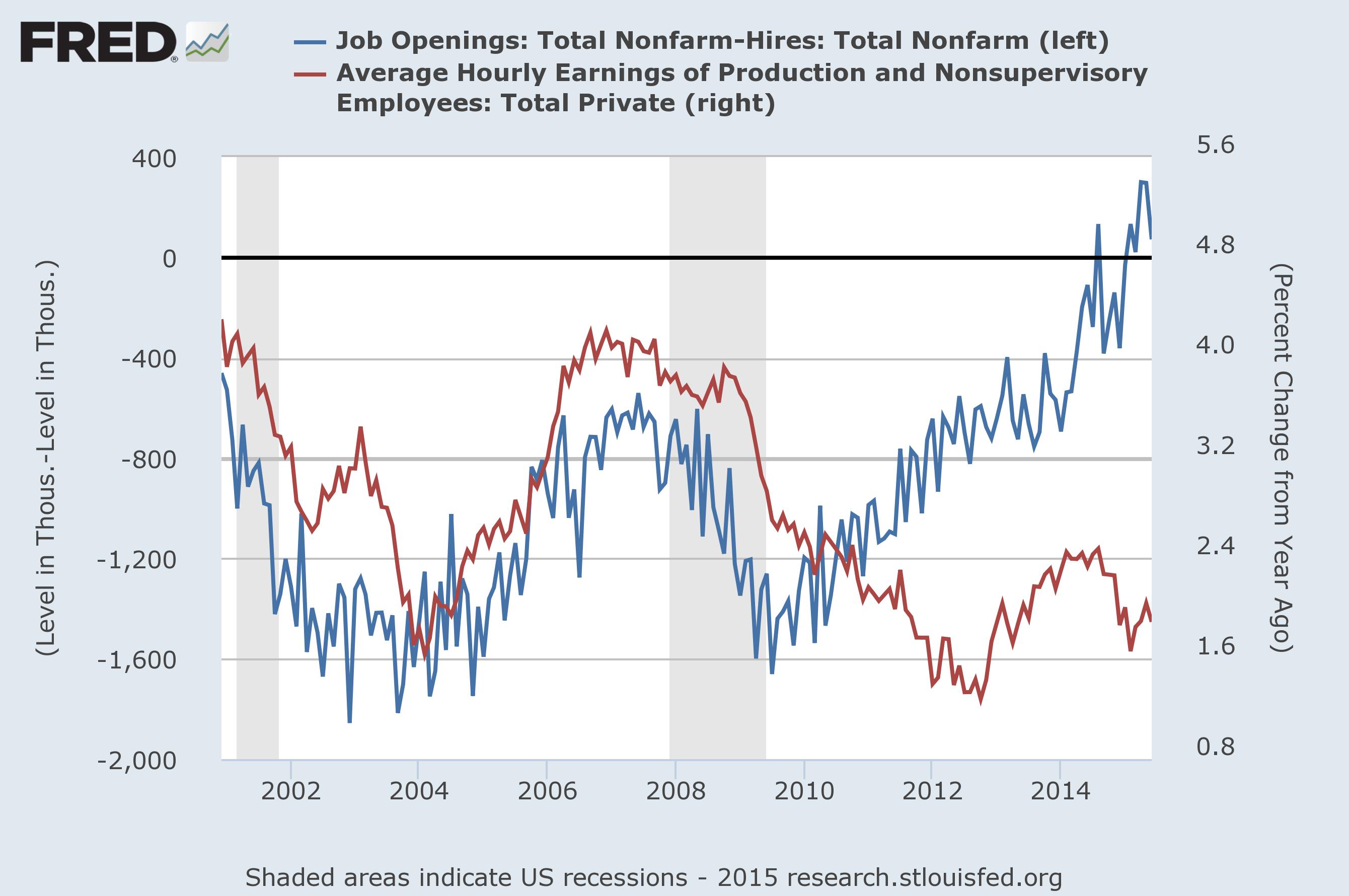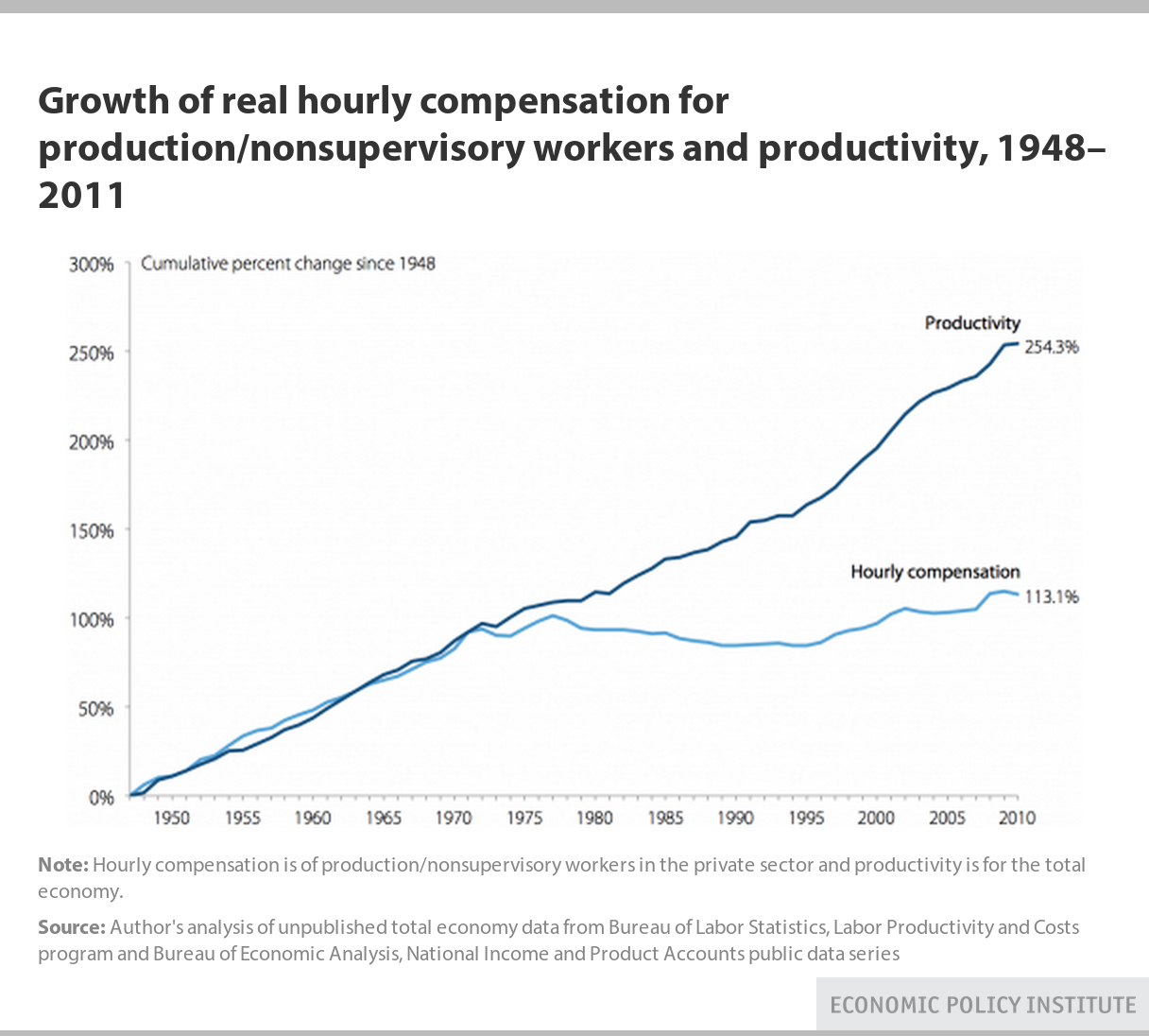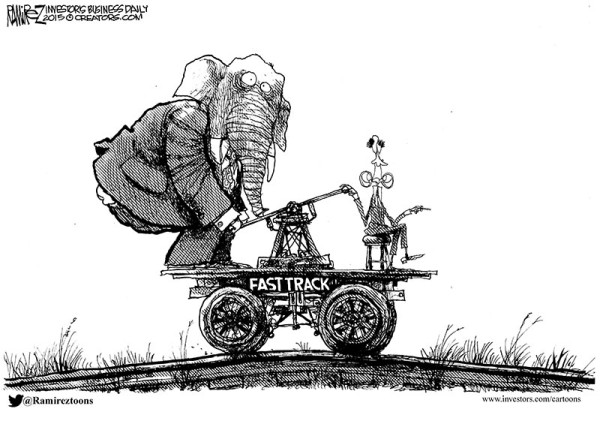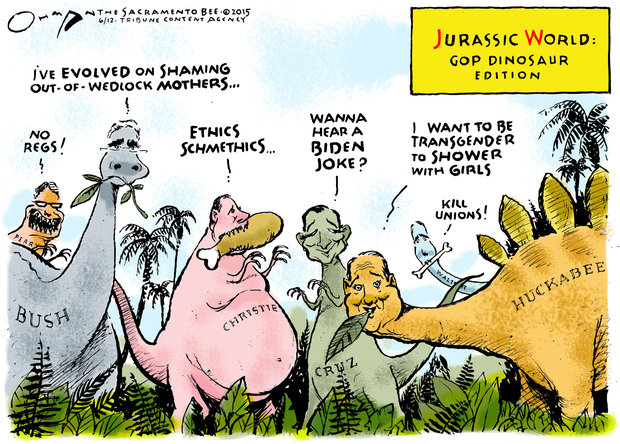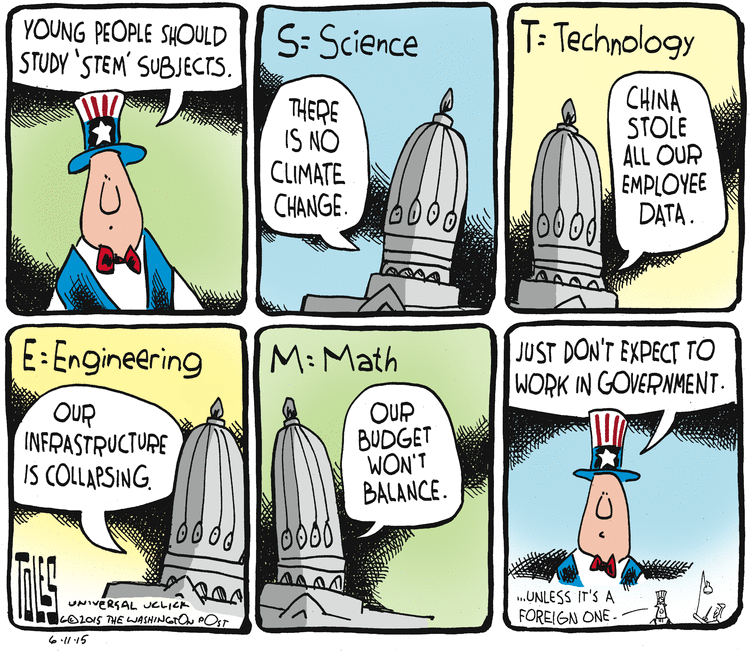With the Pope starting his visit to the US, most focus will be on Conservatives’ support for the Catholic Church’s views against abortion and gay marriage. Conservatives are far less enthusiastic about Francis’ views about climate change and capitalism, both of which are covered in Pope Francis’ encyclical, Laudato Si’.
While the Wrongologist has not read Laudato Si´, he did read an extensive and thoughtful review by William Nordhaus in the NY Review of Books, who says the Pope thinks that the degradation of our environment is a symptom of deeper problems: rapid change, unsustainable over-consumption, indifference to the poor, and the decay of social values.
Nordhaus notes that the encyclical contains an extensive discussion of the features of markets and modern capitalism. It emphasizes dysfunctional tendencies and distortions, witness his criticism of excessive consumption:
Since the market tends to promote extreme consumerism in an effort to sell its products, people can easily get caught up in a whirlwind of needless buying and spending. Compulsive consumerism is one example of how the techno-economic paradigm affects individuals. [Paragraph 203]
And Francis’ criticism of the distorting effect of the drive for profit:
Once more, we need to reject a magical conception of the market, which would suggest that problems can be solved simply by an increase in the profits of companies or individuals. Is it realistic to hope that those who are obsessed with maximizing profits will stop to reflect on the environmental damage which they will leave behind for future generations? [Paragraph 190]
Nordhaus quotes Francis, who argues that profit-seeking is the source of environmental degradation:
The principle of the maximization of profits, frequently isolated from other considerations, reflects a misunderstanding of the very concept of the economy. As long as production is increased, little concern is given to whether it is at the cost of future resources or the health of the environment; as long as the clearing of a forest increases production, no one calculates the losses entailed in the desertification of the land, the harm done to biodiversity or the increased pollution. In a word, businesses profit by calculating and paying only a fraction of the costs involved. [Paragraph 195]
Francis singles out financiers for special disapproval:
In the meantime, economic powers continue to justify the current global system where priority tends to be given to speculation and the pursuit of financial gain, which fail to take the context into account, let alone the effects on human dignity and the natural environment…. [Paragraph 56]
The Pope criticizes capitalism’s push to make ultra-consumers of everyone:
This paradigm [consumerism] leads people to believe that they are free as long as they have the supposed freedom to consume. But those really free are the minority who wield economic and financial power. [Paragraph 203]
Pure capitalism ignores two major shortcomings of those economies run by Mr. Market: The first is the emergence of monopolies, or things like unregulated pollution, which distort market outcomes. The second is inequality of opportunities and income. And much has been written about rising income inequality, particularly by Seitz and Piketty, and Joseph Stiglitz.
However, it would be inaccurate to point solely to the depletion of resources or pollution as major causes of rising poverty. Instead, it is forces such as the labor-saving nature of new technologies like robots, rising imports from low- and middle-income countries, and the capture of our income taxing system by corporations and the wealthy that have distorted our markets.
Specifically, as economist Arthur Okun has written, markets do not have automatic mechanisms to guarantee an equitable distribution of income and wealth:
Given the chance, [the market] would sweep away all other values, and establish a vending-machine society. The rights and powers that money should not buy must be protected with detailed regulations and sanctions, and with countervailing aids to those with low incomes. Once those rights are protected and economic deprivation is ended, I believe that our society would be more willing to let the competitive market have its place.
So, as this week rolls out, expect to hear many voices on the right argue that Francis is an unrealistic economic fool. In particular, expect to hear George Will’s arguments this week in the National Review echoed by the media. Here is a representative quote from Mr. Will: (emphasis by the Wrongologist)
Francis’s fact-free flamboyance reduces him to a shepherd whose selectively reverent flock, genuflecting only at green altars, is tiny relative to the publicity it receives from media…He stands against modernity, rationality, science and, ultimately, the spontaneous creativity of open societies in which people and their desires are not problems but precious resources. Americans cannot simultaneously honor him and celebrate their nation’s premises.
See what George Will did there? He says that climate denialism is pro-science, while belief in climate change is anti-science.
Know the enemy by their arguments.



